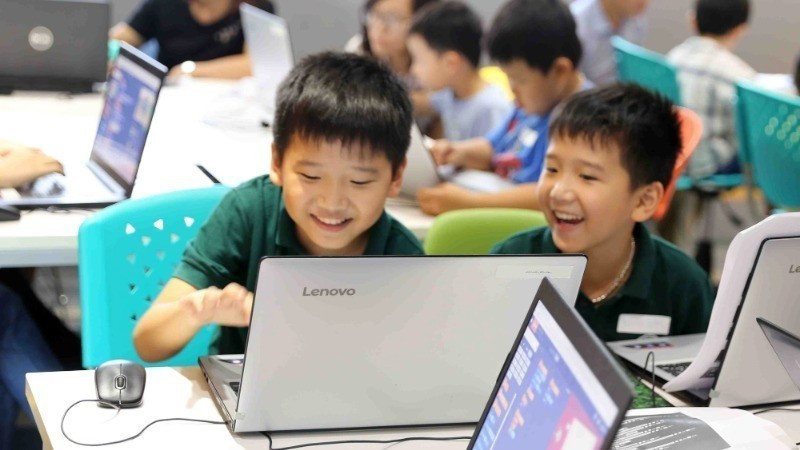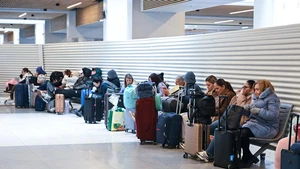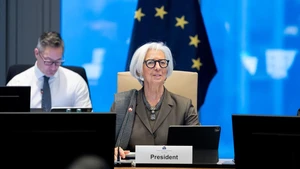In that context, many countries around the world have implemented a series of measures to protect future young buds from the dark side of social media.
Recently, 25 out of 27 European Union (EU) member states, along with Norway and Iceland, signed a statement supporting the plan of European Commission (EC) President Ursula von der Leyen on applying a minimum age for social network users. Meanwhile, the European Parliament Committee on the Internal Market and Consumer Protection has just approved a proposal to tighten the use of social media by young people.
According to the new proposal, users in the EU must be over 16 years old to access social networks and use artificial intelligence (AI) without parental consent. Children under 13 years old are completely banned from accessing social networks, whether their parents allow it or not.
Besides the EU, the wave of tightening the age limit for children to use social networks has spread to many countries around the world. As a pioneer in efforts to prevent harmful content that negatively affects children, Australia has issued regulations prohibiting children under 16 years old from using technology platforms such as Facebook, Snapchat, TikTok and YouTube.
Accordingly, starting from next December, social networking platforms will be forced to block or reject user accounts under 16 years old in Australia to protect the mental and physical health of minors. If they do not comply, these platforms will face fines of up to more than 32 million USD. Along with Australia, many countries around the world such as Brazil, New Zealand... are also considering and issuing similar regulations.
It is no coincidence that the issue of children’s safety on social networks attracts special attention from governments of countries. Research published in the American Medical Association’s medical journal indicates that social media can impair cognition in children. Accordingly, based on data analysis of thousands of children, scientists said that children in the group who use social media a lot scored the lowest on most cognitive tests.
In contrast, the group of children who use little or no social media had the highest scores. Unlike passively watching TV, social media requires children to constantly interact, causing the brain areas that process information and control behaviour to be stimulated for a long time, thereby leading to the risk of decreased ability to concentrate and process language. Therefore, limiting the use of social media by minors is considered a necessary step to protect their mental health.
In addition, if not strictly managed, digital platforms can become fertile ground for spreading fake news, hostile language or violence against children. The growing popularity has also unintentionally turned social networks into “weapons” for online bullies and scammers. The United Nations Children's Fund (UNICEF) warns that online risks often arise when children are exposed to harmful content, become targets of bad actors, are exploited without self-defense skills, and are tricked into participating in virtual transactions.
Although protecting children in cyberspace has become an urgent requirement in many countries around the world, the implementation process is expected to face many difficulties. In particular, requiring technology corporations to voluntarily cooperate is always a big challenge, because without voluntary cooperation, with today's advanced technologies, it is impossible to rule out the risk that many companies will find ways to circumvent the law.
Although protecting children in cyberspace has become an urgent requirement in many countries around the world, the implementation process is expected to face many difficulties. In particular, requiring technology corporations to voluntarily cooperate is always a big challenge, because without voluntary cooperation, with today’s advanced technologies, it is impossible to rule out the risk that many companies will find ways to circumvent the law.
Protecting children from dangers in cyberspace is a difficult problem for many countries in the world. However, if there is not soon a “shield” to protect future generations from dangers from the online environment, the consequences that the virtual environment causes are difficult to measure.
















